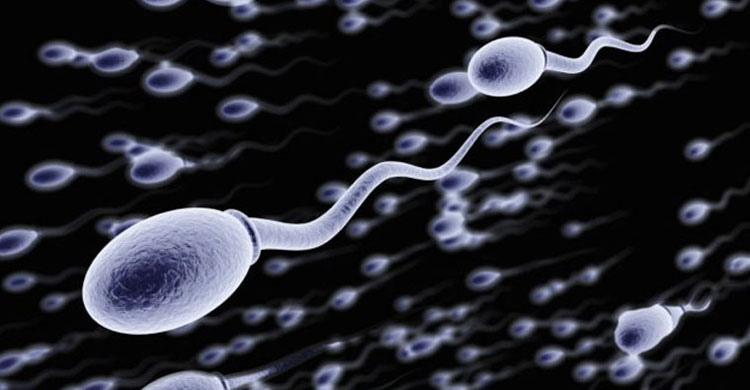News >> Health
Boost sperm quality: Avoid high-fat, low protein diet
 05 Jan, 2016
05 Jan, 2016
A person’s diet can greatly impact his sperm’s quality leading to harmful gene mutation in his children, scientists including an Indian-origin researcher have discovered.
In two studies conducted on mice, they found that a father’s diet affects levels of specific small RNAs in his sperm which, in turn, can affect gene regulation in offspring.
In the first study, Upasna Sharma, researcher from University of Massachusetts, and her team tested whether the sperm of mice on a low-protein (LP) diet experienced any changes in RNA levels.
The findings showed that small RNAs from immature sperm in the testis did not correlate with dietary effects. Yet, sequencing of small RNA in mature sperm revealed great expression of certain RNAs.
Further analysis revealed that a subset of genes was suppressed, including a gene that contributes to the plasticity of mouse embryonic stem cells.
“These results demonstrate how RNA in sperm can be affected by diet and that this can cause changes in gene regulation of offspring and associated metabolic disorder,” the authors noted.
In the second study, Qi Chen from University Of Nevada’s school of medicine and team fertilized mouse eggs using sperm from a group of male mice fed a high-fat diet (HFD) as well as a group of male mice on a normal diet (ND).
As early as seven weeks old, offspring whose fathers were in the high-fat group developed impaired glucose tolerance and insulin resistance which became more severe at 15 weeks.
“The results add to the growing list of ways in which a male’s lifestyle can influence his offspring, including through the sperm epigenome, microbiome transfer and seminal fluid signalling,” the authors noted.
Source: Jagonews

